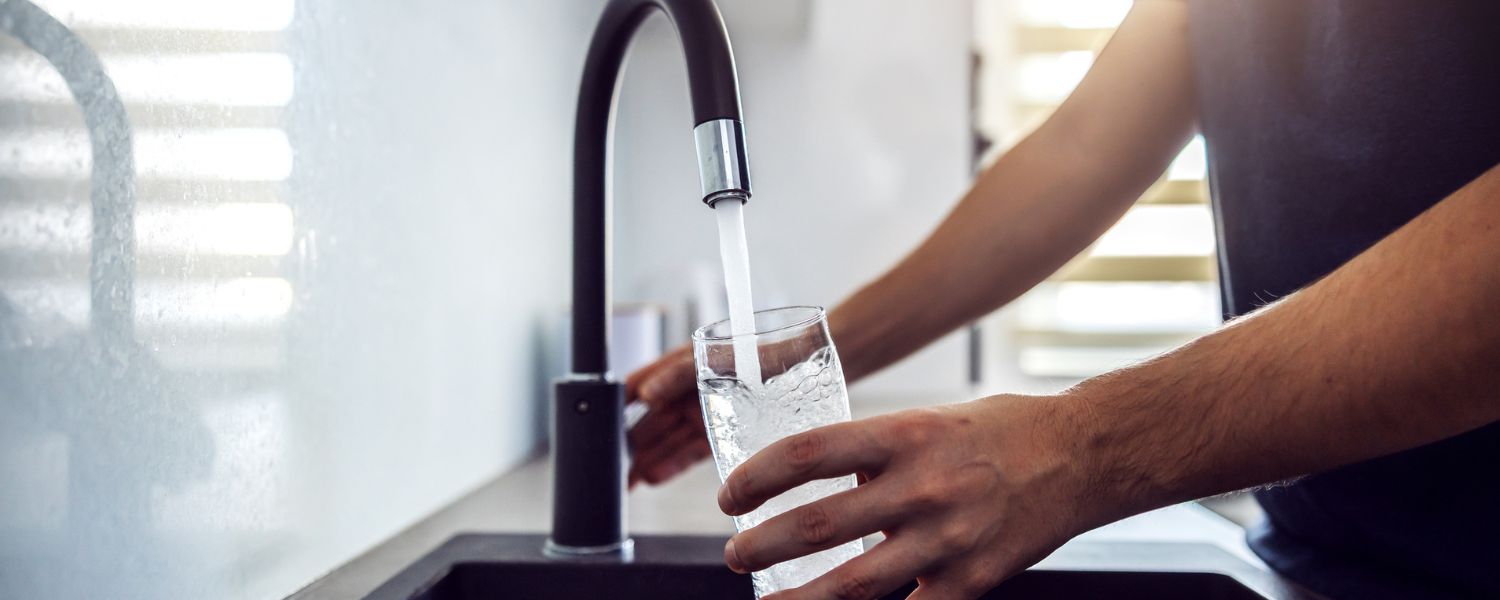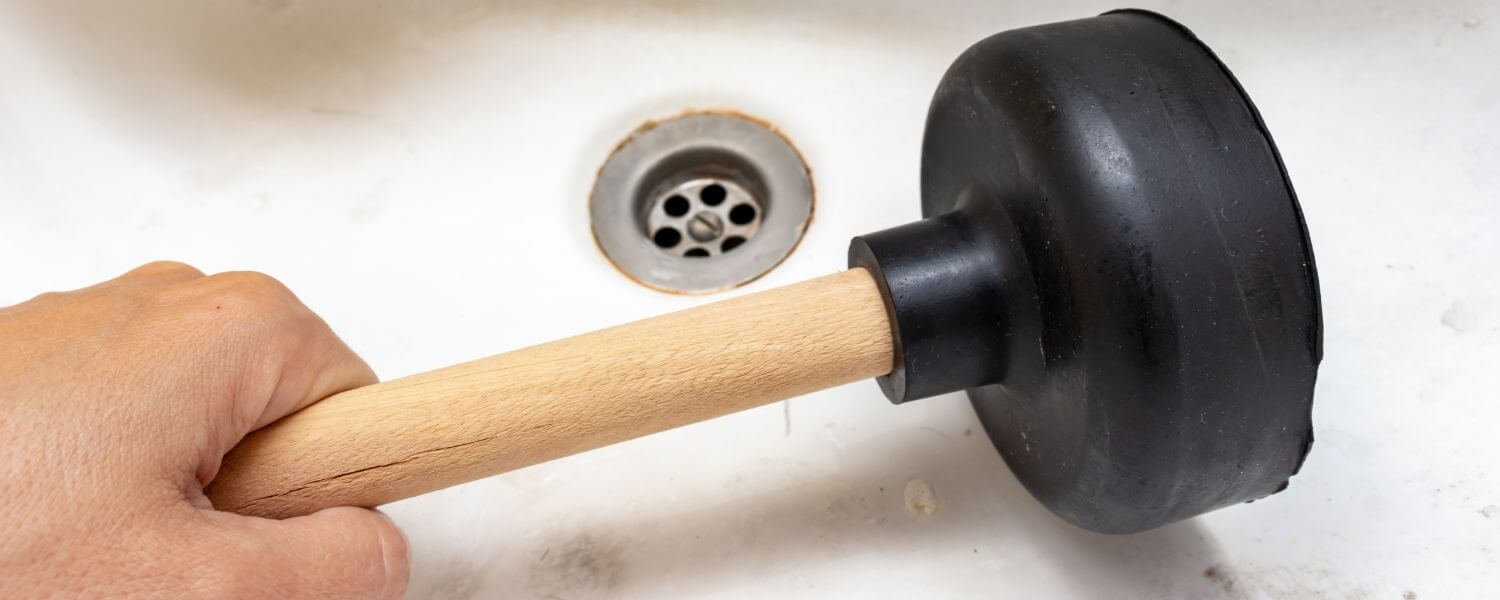If there’s ever any issue with your home or business’s water flow, that means there’s an issue with your plumbing. However, it may not be due to a clog or broken pipe; there could be backflow interruptions.
Depending on your location, you may need to submit backflow testing results to your local municipality. However, these notices are often difficult to comprehend, especially if it’s your first time undergoing a backflow test. Let’s discuss why backflow testing is essential for your plumbing system and why it’s legally required annually.
Understanding Backflow
First, it’s important to understand backflow. When waste enters your plumbing system, it’s separated by two different pipes. Backflow occurs when there’s a change in water pressure, and the wastewater mixes with your home’s clean drinking water. As a result, contaminated water could now flow through your pipes.
Furthermore, backflow events may affect you, your neighborhood, or the entire county. So, it’s essential that you perform backflow testing to prevent future issues.
Risks Associated with Backflow
Backflow is a serious matter because drinking contaminated water can result in bodily discomfort or illness such as:
- Nausea
- Diarrhea
- Stomach aches
- Dehydration
- Viral or bacterial infections
However, other risks associated with backflow include:
- Damage to your plumbing system and appliances
- Impact on the surrounding water quality
What is Backflow Testing
Remember, preventing a backflow incident is better than dealing with one when it’s too late. That’s why backflow testing is important. But what is backflow testing? It’s a simple way to test your water pressure and ensure it’s not getting tainted with pollutants.
Backflow preventers work to keep your home’s water safe by blocking tainted water from entering the main water supply whenever there’s a dangerous pressure change. But, like most mechanical devices, backflow units can break down over time or after certain high-stress events like rapid changes in pressure.
Signs Your Plumbing System Needs Backflow Testing
So, how would you know if your home needs a backflow test? Be on the lookout for signs such as:
Inconsistent water pressure: If there’s a noticeable change in your water pressure, there might be a backflow issue. Increased pressure could lead to burst pipes, promoting leaks and a more significant backflow issue.
- Water discoloration: When contaminants enter your water, they can change it to a brown or muddy color.
- Foul odors: Foul smells from your faucets or water usually indicate a backflow problem.
- Slow drainage: Water draining slowly can indicate a clog or a backflow issue. Check your backflow prevention device if there’s a noticeable rise in plumbing fixtures throughout your home.
- Visible leaks: Leaks in your plumbing system are never good, but when they happen frequently, the issue could be your backflow preventer device.
- Weird taste: If tap water tastes differently than usual, stop drinking it immediately; it may mean your backflow device needs repair.
- Particles in the water: Along with a weird taste, you could see particles in your water. Seeing particles means it’s polluted and not drinkable. While it’s a backflow issue, it also means your pipes are rusty and need replacing.
Importance of Professional Testing
As you can see, backflow testing is essential for safeguarding your family’s health, and your home or business’s plumbing system. It’s always best to leave backflow testing to professionals, like the experts at Bill Howe. We know what to look for when conducting backflow testing, whether it’s:
- Finding vulnerabilities in your plumbing system
- Specifying the backflow prevention device necessary for your network
- Identifying potential cross-connections where non-potable water sources are inadvertently linked to your clean water supply
Backflow Preventer Testing Process
Do you know what happens during backflow prevention testing? Your local municipality may need notification of your test, primarily if your water supplies a fire line. After notifying the proper parties, here’s a quick rundown so you know what’s going on:
- The plumber will turn off the downstream valve and wait a few minutes.
- Next, they’ll attach hoses to test the pressure. While checking the measurements, they’re looking for dramatic changes.
- Lastly, the tester reactivates your system to see if everything works properly.
- If the plumber finds an issue, they’ll recalibrate your backflow device, repair it, or in some cases recommend replacement.
The test should last about 20 to 30 minutes. If everything is fine, your plumber will turn your water back on, and you’ll be ready to resume use as usual.
Benefits of Regular Backflow Testing
Backflow testing is quick, easy, and necessary to keep your plumbing system in top form. Some benefits of regular backflow testing include:
- Increased safety: Backflow in drinking water poses a health risk to your household. Annual backflow preventer testing ensures your water is safe to drink.
- Legality: Your municipality determines the frequency of backflow testing. Failure to comply could result in fines and put your family in danger.
- Reduced wear and tear: Pressure changes can burst pipes, leading to leaks and potential plumbing network damage. Backflow testing can identify the pressure issues, removing the stress on pipes and overall wear and tear.
- Cost-effective: Annual backflow testing is wallet-friendly and is a great way to keep your home or business safe from water contamination.
- Lack of interference: Scheduling backflow testing is easy and does not have to interfere with your work or home life.
At Bill Howe, we do more than drain cleaning and plumbing inspections. We also handle your backflow testing needs. So, if you see any signs we mentioned above, such as visible water discoloration or a change in taste or water pressure. Call Bill Howe and schedule a backflow test as soon as possible.




